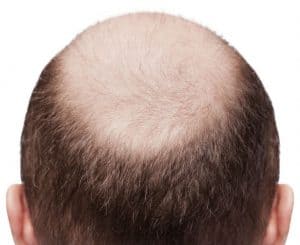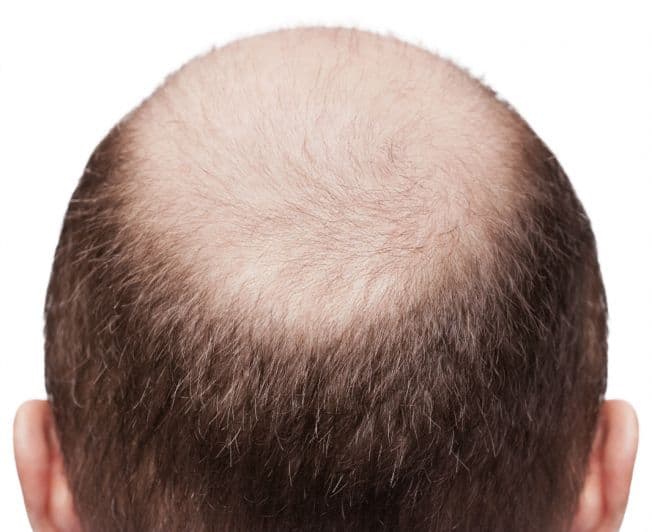 Seborrheic alopecia, a result of seborrheic dermatitis, is one of the most common causes of hair loss. It mainly affects middle-aged men, but sometimes it also affects women.
Seborrheic alopecia, a result of seborrheic dermatitis, is one of the most common causes of hair loss. It mainly affects middle-aged men, but sometimes it also affects women.
Table of contents
Causes of seborrheic dermatitis
The name of the condition, seborrheic alopecia, is derived from the unpleasant phenomenon commonly known as seborrhea. Seborrhoea is a result of overproduction of sebum, i.e. natural sebum, in quantities significantly exceeding the body’s needs. This excess results in fast greasy hair and then dandruff, weakening and destruction of hair roots and, as a consequence, hair loss.
Seborrheic dermatitis is caused by hormonal and immune disorders, but also by diseases of the nervous system and thyroid gland, improper lifestyle, fungal infections, abnormalities in the gastrointestinal tract, as well as failure to observe hygienic principles and neglected dandruff.
Seborrheic alopecia – symptoms
The first warning sign, before hair loss even appears, is usually seborrhea and dandruff. If hair starts to become greasy more than before, dandruff starts to appear, at first white, then yellow and greasy, it is a sign that we are on the way to seborrheic alopecia. Seborrheic alopecia is first observed in the frontal and temporal regions, followed by thinning of the hair on the crown of the head.
These phenomena are sometimes accompanied by itching, as well as irritation of the scalp manifested by soreness, redness, discoloration and scratching. Sometimes this type of alopecia includes not only the scalp, but also other parts of the hairy skin.
Treatment of seborrheic alopecia
The treatment of this condition consists primarily in combating the causes, that is, dandruff and dermatitis. In addition to using specialized remedies, such as for example shampoo for seborrheic dermatitis, you also need to think about changing your lifestyle. Including, which is very important, also the diet. Moreover, in the treatment of seborrheic alopecia, herbal therapy can also be extremely helpful. Since the condition has a tendency to recur, fighting it requires consistency and patience.
Seborrheic alopecia and hair regrowth
If the hair follicles have not been permanently damaged, an appropriate therapy may cause their regeneration and thus, gradual hair regrowth. The scalp must be meticulously cared for by gently cleansing and moisturizing it. Use specific preparations containing zinc pyrithione, ketoconazole, selenium sulphide or sulphur compounds (avoid preparations with alcohol) and mild home remedies, also avoid stress and lead a healthy lifestyle.

